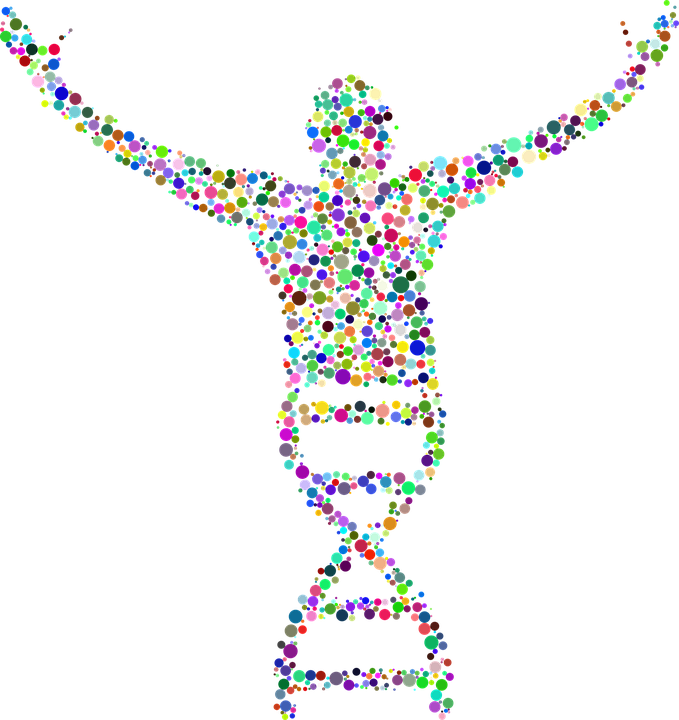Gene Editing Might Alter Our DNA. It Might Destroy Our Humanity, Too.
By Mark Buchanan,
Bloomberg
| 11. 25. 2019
Biologists recently revealed a new form of the gene-editing tool known as Crispr that allows researchers to make precise changes to almost any element of DNA, permanently altering cellular biochemistry. It could help treat tens of thousands of diseases linked to variations in a single gene and lead to the creation of better antibiotics.
The latest development, called prime editing, is more accurate than older Crispr methods, which sometimes alter genomic DNA in the wrong places. The new method will be a boon to the least contentious kind of gene editing — gene therapy — which introduces genetic changes only within the body’s somatic or nonreproductive cells. One such method is already in clinical trials to treat Huntington’s disease, in which a genetic mutation leads to production of an abnormal protein in brain cells.
As gene-editing technology races ahead, scientists are agonizing over ethical issues. How, for example, can they ensure that treatments don’t cause more problems than they fix? Some genetic variants that seem clearly beneficial — lowering the risk of heart disease, for example — could have other...
Related Articles
By Scott Solomon, The MIT Press Reader | 02.12.2026
Chris Mason is a man in a hurry.
“Sometimes walking from the subway to the lab takes too long, so I’ll start running,” he told me over breakfast at a bistro near his home in Brooklyn on a crisp...
By Diaa Hadid and Shweta Desai, NPR | 01.29.2026
MUMBRA, India — The afternoon sun shines on the woman in a commuter-town café, highlighting her almond-shaped eyes and pale skin, a look often sought after by couples who need an egg to have a baby.
"I have good eggs,"...
By George Janes, BioNews | 01.12.2026
A heart attack patient has become the first person to be treated in a clinical trial of an experimental gene therapy, which aims to strengthen blood vessels after coronary bypass surgery.
Coronary artery bypass surgery is performed to treat...
By Staff, ScienceDaily | 01.05.2026
Scientists at UNSW Sydney have developed a new form of CRISPR technology that could make gene therapy safer while also resolving a decades-long debate about how genes are switched off. The research shows that small chemical markers attached to DNA
...




